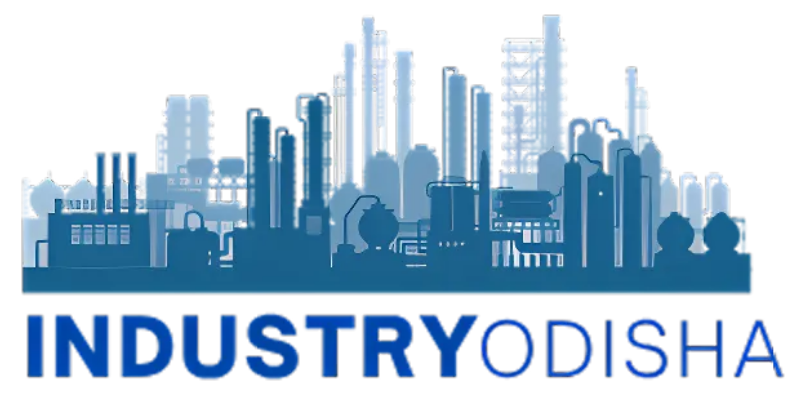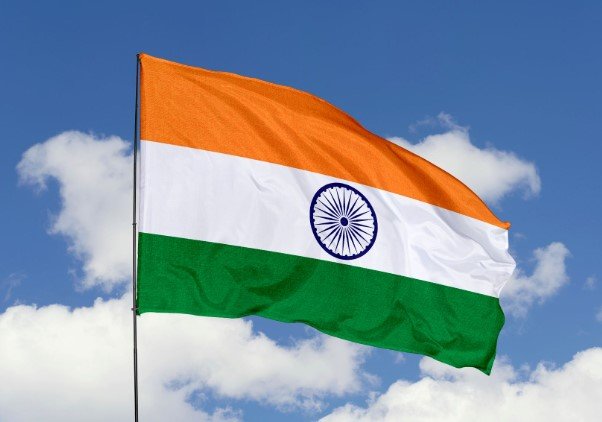New Delhi, 06/02/2025: India has reinforced its global leadership in sustainable urban development by securing third place in the US Green Building Council’s (USGBC) 2024 rankings for LEED (Leadership in Energy and Environmental Design) certifications. The country certified 370 projects, encompassing 8.50 million square meters of built-up space, marking a significant milestone in promoting environmentally responsible construction practices.
India’s consistent presence among the top three nations in LEED certifications underscores the country’s dedication to eco-friendly construction, climate action, and green urban growth. The Green Business Certification Inc. (GBCI), which manages LEED operations in India, has played a pivotal role in spreading sustainable building standards nationwide. While LEED certification initially focused on commercial buildings, it has now expanded to include factories, homes, and schools, reflecting India’s growing commitment to sustainability across all sectors.
Gopalakrishnan Padmanabhan, Managing Director, Southeast Asia & Middle East at GBCI, remarked, “India’s achievement of certifying 8.50 million square meters of green buildings illustrates remarkable progress in sustainable urban development. As cities continue to expand, adopting green building standards is crucial for economic growth and environmental protection. More LEED-compliant buildings will make urban spaces cleaner, energy-efficient, and resilient to climate challenges.”
The 2024 global LEED rankings are led by China, with over 25 million square meters certified, followed by Canada at 10 million square meters. India’s third-place position highlights its proactive approach to integrating sustainability in infrastructure development. LEED, launched in 2000, has become the world’s most widely recognized green building certification, promoting standards for energy efficiency, water conservation, and reduced environmental impact.
With the 25th anniversary of LEED, the USGBC is set to introduce LEED v5, featuring enhanced sustainability requirements and benchmarks for greener construction. India’s adoption of these practices positions the nation as a role model for climate-conscious urbanization. By encouraging developers to meet LEED standards, India is ensuring that future cities are not only modern and resilient but also environmentally responsible.
The growth of India’s green building sector complements national objectives, including the commitment to net-zero emissions by 2070, and supports global efforts to mitigate climate change. With urbanization accelerating, LEED certification is becoming a vital tool to guide sustainable development, improve energy efficiency, and enhance the quality of life in rapidly growing cities.
India’s continued success in LEED certification exemplifies the country’s strategic vision of balancing economic growth with environmental stewardship, setting benchmarks for other nations to follow in achieving sustainable development goals.


